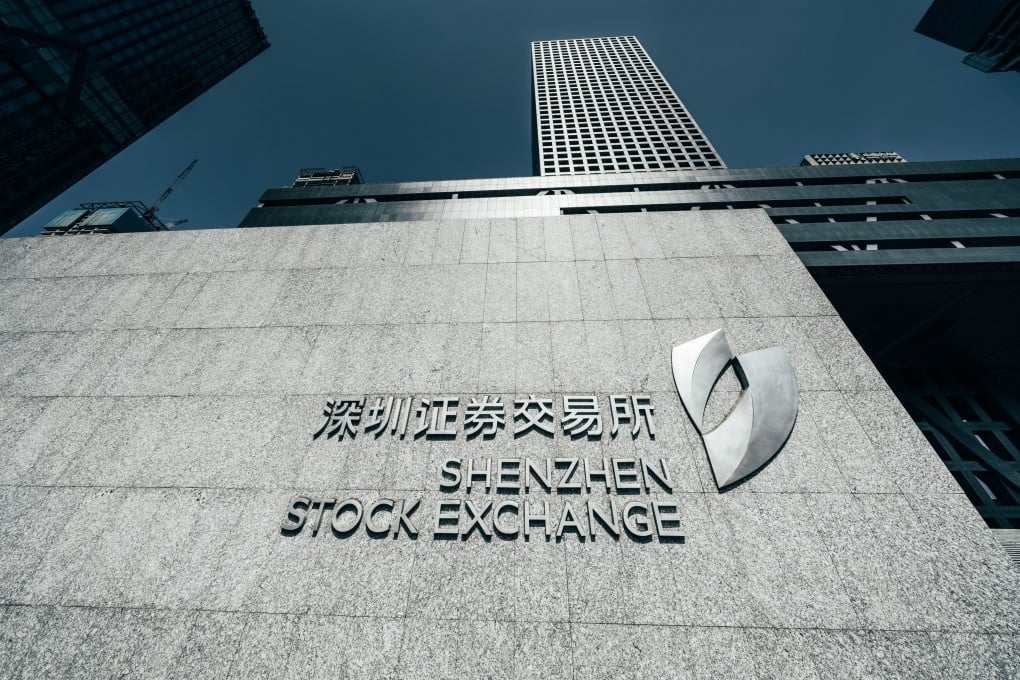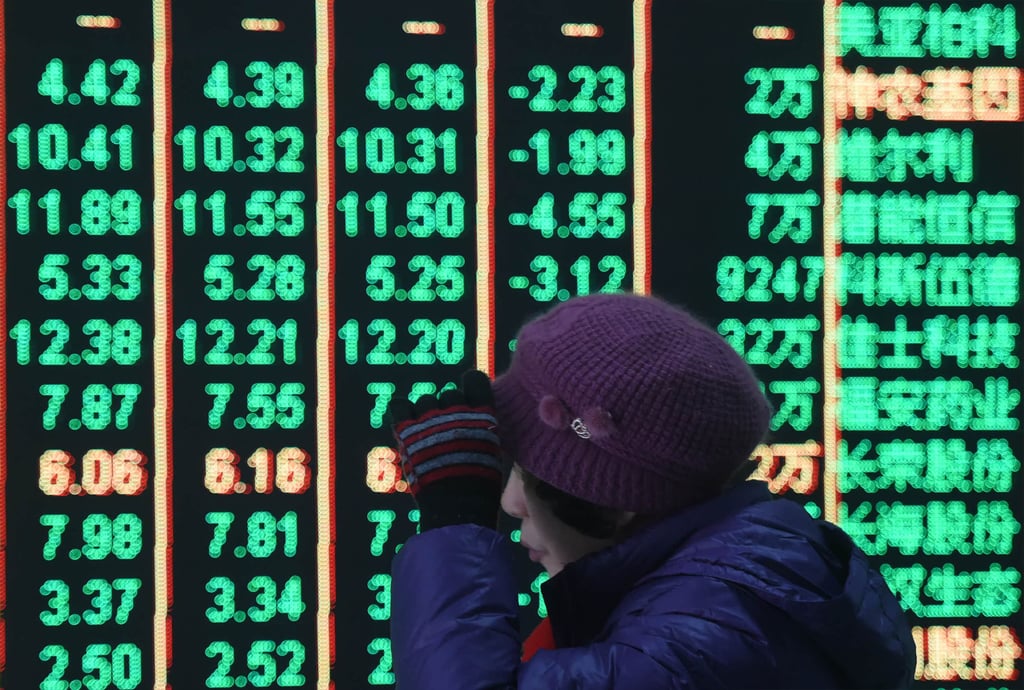China’s market regulator pulls out all stops to boost sentiment as stocks meltdown imperils financial and social stability
- CSRC bans stock borrowing from institutional investors for short selling purposes and encourages mergers and acquisitions to boost market value of companies
- The CSI 300 Index rallied 3.5 per cent on Tuesday, its best day since November 1, 2022 and the CSI 1000 Index of small cap stocks jumped by the most on record

China’s securities regulator has rolled out a slew of measures, ranging from short-selling curbs to harsher penalties for market breaches, in a bid to reverse a stock market rout that is seen posing a risk to financial and social stability.
The latest efforts seek to reverse the slide in mainland China shares, among the worst performers globally this year, and cap damage to consumer confidence and the broader economy. Left unchecked, the sell-off has the potential to further erode the wealth of the nation’s 220 million investors, who are already grappling with shrinking incomes amid an economic slowdown.
“The government is concerned about such a magnitude of declines, and all these policies indicate that top policymakers do not want to see further declines from here,” said Wang Zheng, chief investment officer at Jingxi Investment Management in Shanghai. “I think these measures can hold up the market for now. But whether investors will reverse their calls on stocks depends on how the government can get fresh capital into the market and manage the economy.”

The benchmark CSI 300 Index, which tracks the 300 largest companies on the Shanghai and Shenzhen bourses, rallied 3.5 per cent on Tuesday, its best day since November 1, 2022. The CSI 1000 Index of small-capitalisation stocks jumped by as much as 8.1 per cent for the steepest one-day gain on record.
The rally also received impetus from state intervention. Central Huijin Investment, a unit of China’s US$1.24 trillion wealth fund, said on Tuesday it had bought an undisclosed amount of index-based exchange-traded funds recently. The investment arm said it would continue increasing investment holdings to stabilise the market.
